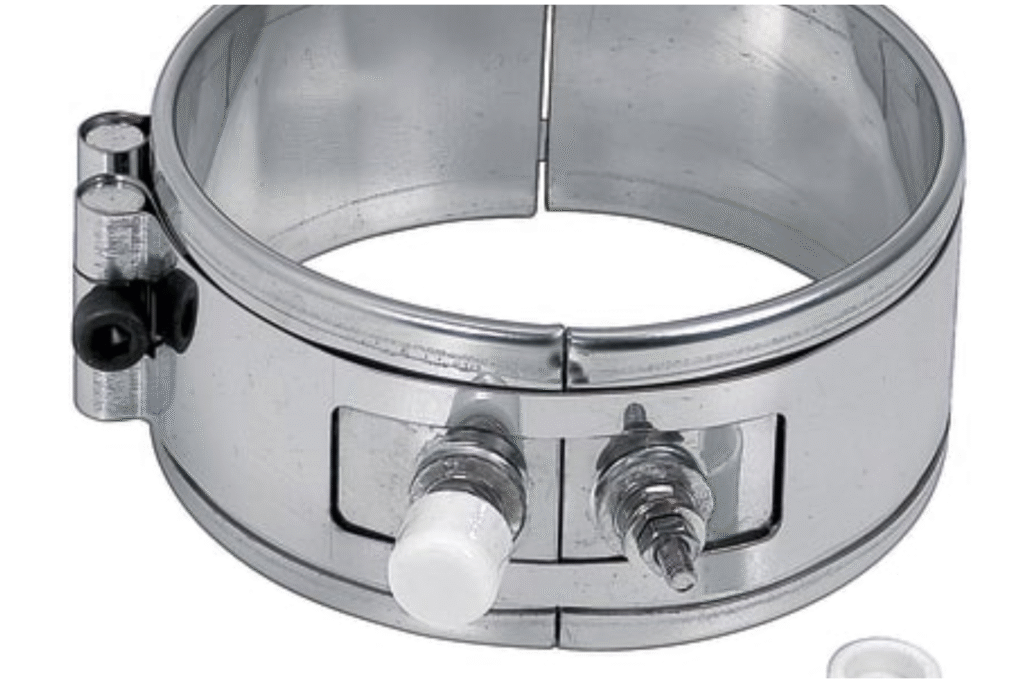
Breastmilk is often referred to as “liquid gold” for its numerous health benefits for both the baby and the mother. It is the perfect food for infants, providing essential nutrients, antibodies, and enzymes that help protect against infections and diseases. Breastfeeding also promotes bonding between the mother and baby and has been linked to a lower risk of obesity, diabetes, and certain types of cancer in both the mother and child. Additionally, breastfeeding can help with postpartum weight loss and may reduce the risk of postpartum depression.
On the other hand, formula feeding provides a convenient alternative for mothers who are unable to breastfeed or choose not to do so. Modern infant formulas are designed to mimic the nutritional composition of breastmilk, providing essential nutrients such as protein, carbohydrates, fats, vitamins, and minerals. Formula feeding allows for flexibility and convenience, as it can be prepared in advance and does not require the mother to be present for every feeding. This can be particularly helpful for working mothers or those with medical conditions that make breastfeeding difficult.
Understanding HiPP Formula
HiPP formula is a popular choice for parents who opt for formula feeding. It is a German brand that has been producing organic baby food and formula for over 100 years. HiPP formula is made with high-quality ingredients, including organic milk from grass-fed cows and essential nutrients such as omega-3 fatty acids, prebiotics, and probiotics. The company is committed to sustainable and ethical farming practices, ensuring that their products are free from pesticides, GMOs, and artificial additives.
HiPP formula comes in several varieties to meet the specific needs of infants at different stages of development. For example, HiPP Combiotic formula is designed for newborns up to six months old, while HiPP Follow-On formula is suitable for babies six months and older. There are also special formulas available for infants with allergies or sensitivities. The company’s dedication to quality and safety has made HiPP formula a trusted choice for parents around the world.
Combining Breastmilk and HiPP Formula
Many mothers choose to supplement breastfeeding with formula feeding for various reasons. Some may have difficulty producing enough breastmilk, while others may need to return to work or have medical conditions that make breastfeeding challenging. Combining breastmilk and HiPP formula can provide the best of both worlds, ensuring that the baby receives the benefits of breastmilk while also getting the essential nutrients from formula.
One common approach to combining breastmilk and formula is to breastfeed the baby whenever possible and offer formula as a supplement when needed. This can help maintain the mother’s milk supply while ensuring that the baby receives enough nutrition. Another option is to mix breastmilk and formula in a bottle, allowing the baby to receive a combination of both at each feeding. This can be particularly helpful for mothers who struggle with low milk supply or need to increase their baby’s calorie intake.
Tips for Supplementing with HiPP Formula
When supplementing with HiPP formula, it is important to choose the right type of formula for your baby’s age and nutritional needs. HiPP offers a range of formulas tailored to different stages of development, so be sure to select the appropriate one for your baby. It is also important to follow the instructions for preparing and storing formula carefully to ensure that it remains safe and nutritious for your baby.
If you are supplementing with formula while breastfeeding, it is important to maintain a consistent feeding schedule to help regulate your milk supply. Try to breastfeed or pump at regular intervals to ensure that your body continues to produce enough milk for your baby. Additionally, be mindful of your baby’s cues and adjust the amount of formula as needed to meet their nutritional needs.
Potential Concerns and Considerations
While HiPP formula is generally well-tolerated by most babies, some parents may have concerns about potential side effects or allergies. It is important to monitor your baby’s reaction to formula feeding and consult with a healthcare professional if you notice any unusual symptoms such as excessive fussiness, diarrhea, or rashes. In some cases, a baby may have an allergy or sensitivity to certain ingredients in the formula, in which case a different type of formula may be recommended.
Another consideration when supplementing with formula is the cost. Formula feeding can be more expensive than breastfeeding, so it is important to factor in the cost of formula when planning your budget. Some parents may also have concerns about the environmental impact of using formula, as it requires packaging and transportation. However, HiPP’s commitment to sustainable farming practices and organic ingredients can help alleviate some of these concerns.
Seeking Support and Guidance
Deciding whether to breastfeed, formula feed, or combine both methods can be a difficult decision for many parents. It is important to seek support and guidance from healthcare professionals, lactation consultants, and other parents who have experience with infant feeding. These individuals can provide valuable information and resources to help you make an informed decision that is best for you and your baby.
If you are struggling with breastfeeding or have concerns about supplementing with formula, do not hesitate to reach out for help. Lactation consultants can offer guidance on breastfeeding techniques, milk supply issues, and other challenges that may arise. They can also provide support and encouragement to help you navigate the complexities of infant feeding.
Making the Best Choice for You and Your Baby
Ultimately, the decision to breastfeed, formula feed, or combine both methods is a personal one that should be based on what works best for you and your baby. There is no one-size-fits-all approach to infant feeding, and it is important to consider your individual circumstances, preferences, and needs when making this decision.
Whether you choose to breastfeed exclusively, use HiPP formula exclusively, or combine both methods, it is important to prioritize your baby’s health and well-being while also taking care of yourself. Remember that there is no right or wrong way to feed your baby, and seeking support from healthcare professionals and other parents can help you navigate this journey with confidence and peace of mind. Ultimately, the most important thing is that your baby is receiving the nutrition they need to thrive while feeling loved and supported by their caregivers.



